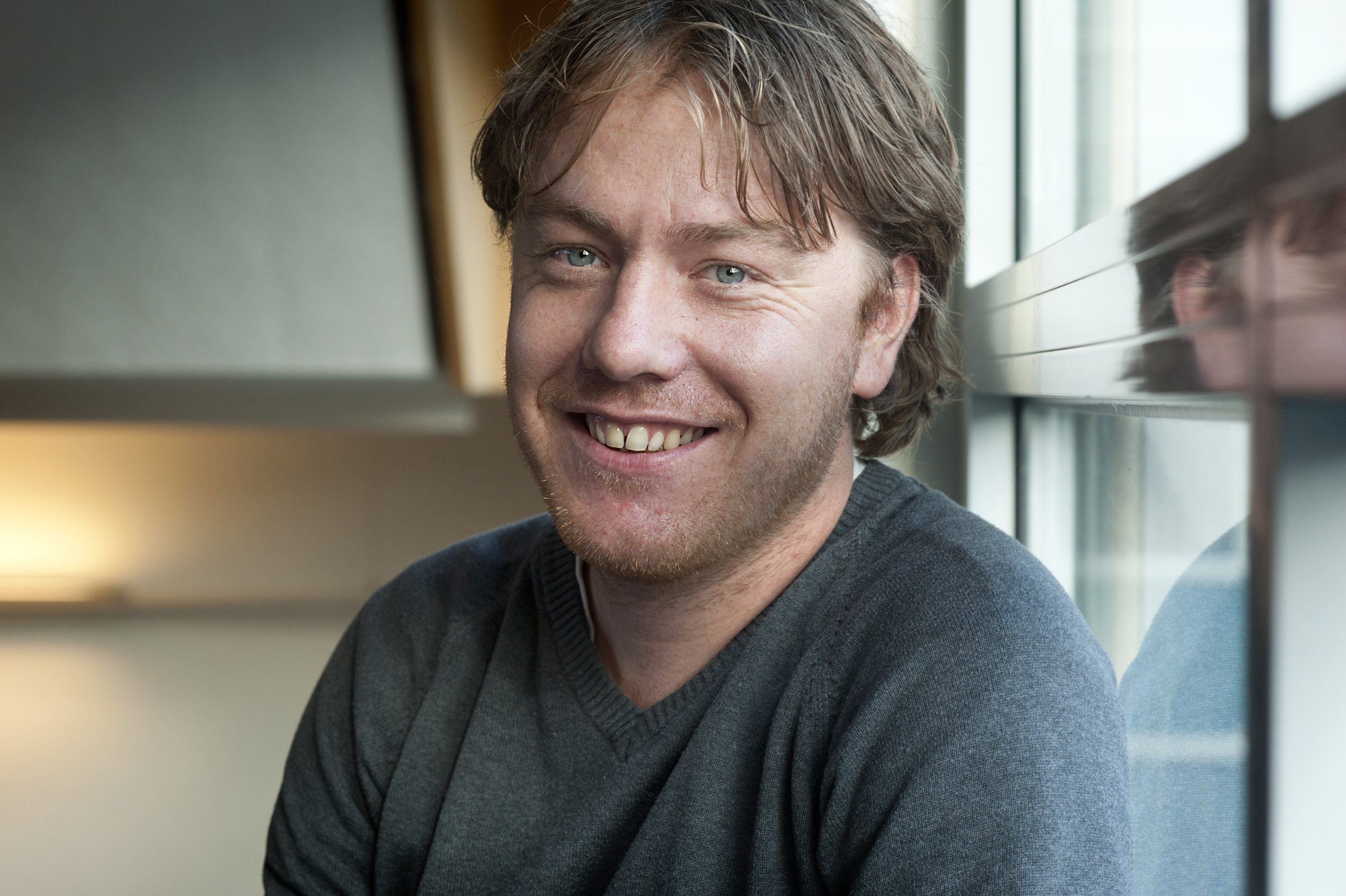But what consequences will this have for our electricity system? What for instance will happen when millions of electric cars are being charged at the same time, when people are at home after a hard day’s work? To answer these kinds of questions, I’m researching the role of electric vehicles in future power systems.
Flexibility is a crucial part of my research. I focus on various ways we can use electric vehicles in the power grid. For instance, when the wind starts blowing all of a sudden, it would be great if at that moment cars were being charged. And when the wind hardly blows, charging can be postponed. Or what should happen when the wind blows less hard than expected? A problem occurs when an electricity producer predicts in advance that it will deliver 2 gigawatts, but is only able to deliver 1.8 gigawatts. It will cost the electricity producer money, because the producer must then buy expensive back-up capacity from other companies.
But flexibility does not end with the electricity producers. I also focus on another actor: the network operators. These companies are responsible for the cables and transformers that transfer electricity to the end-consumers. When electric vehicles are used to absorb a sudden surplus of wind energy, the network cables need to be able to deliver more power; therefore, it might be necessary for costly reinforcements of the existing electricity networks to be implemented.
Because the introduction of electric vehicles has consequences for different actors in the system, my research is typically a TPM subject. I’m not only focusing on one technology, but rather am looking at all system levels – from the top, where the wind turbines are, to the lowest level, where people charge their electric cars. Over the course of the next two years I hope to find answers to the many questions I have. By simulating different scenarios, I hope to find ways to adopt electric vehicles and sustainable energy at the lowest social cost.
I believe that electric vehicles have a bright future. In the long run, the price of oil can only go up, and renewable energy sources can only become cheaper. How fast this will happen is as of yet unknown. I started doing this research because I was idealistic, but that’s not the whole story. In the meantime, I discovered just how interesting and elegant the technology of electric cars in the power system is. And that’s why I like conducting this PhD research so much.”
Twintigjarige mannen die straks een universitaire bul of hbo-diploma halen, leven waarschijnlijk drie jaar langer dan mbo’ers en zeven jaar langer dan hun mannelijke leeftijdsgenoten die alleen de basisschool hebben afgemaakt.
Sterfgevallen
Dat heeft het Centraal Bureau voor de Statistiek becijferd op grond van de sterfgevallen in de jaren 2005-2008. Hoogopgeleide jongemannen zullen naar verwachting 82 jaar oud worden. Eerder ging het CBS nog uit van tachtig jaar.
Vrouwen
Dat is overigens nog altijd drie jaar korter dan vrouwen, die ook een iets zonnigere levensverwachting hebben gekregen. Vrouwen boeken echter minder gezondheidswinst als ze gaan studeren.
Vrouwen die nu studeren, leven volgens de statistieken slechts een paar maanden langer dan mbo-vrouwen. De kloof met vrouwen die alleen de lagere school hebben gevolgd, is breder: ruim zes jaar.
Gezondheid
Maar misschien is gezondheid nog belangrijker. Hoogopgeleide mannen leven zeven jaar langer in ‘als goed ervaren gezondheid’ dan mannen die alleen het mbo hebben afgemaakt. Voor vrouwen is het verschil 5,5 jaar.
Er zijn allerlei verklaringen voor het verschil. Zo staan hoogopgeleiden minder vaak te boek als zware rokers en zware drinkers. Althans, na hun afstuderen.



Comments are closed.